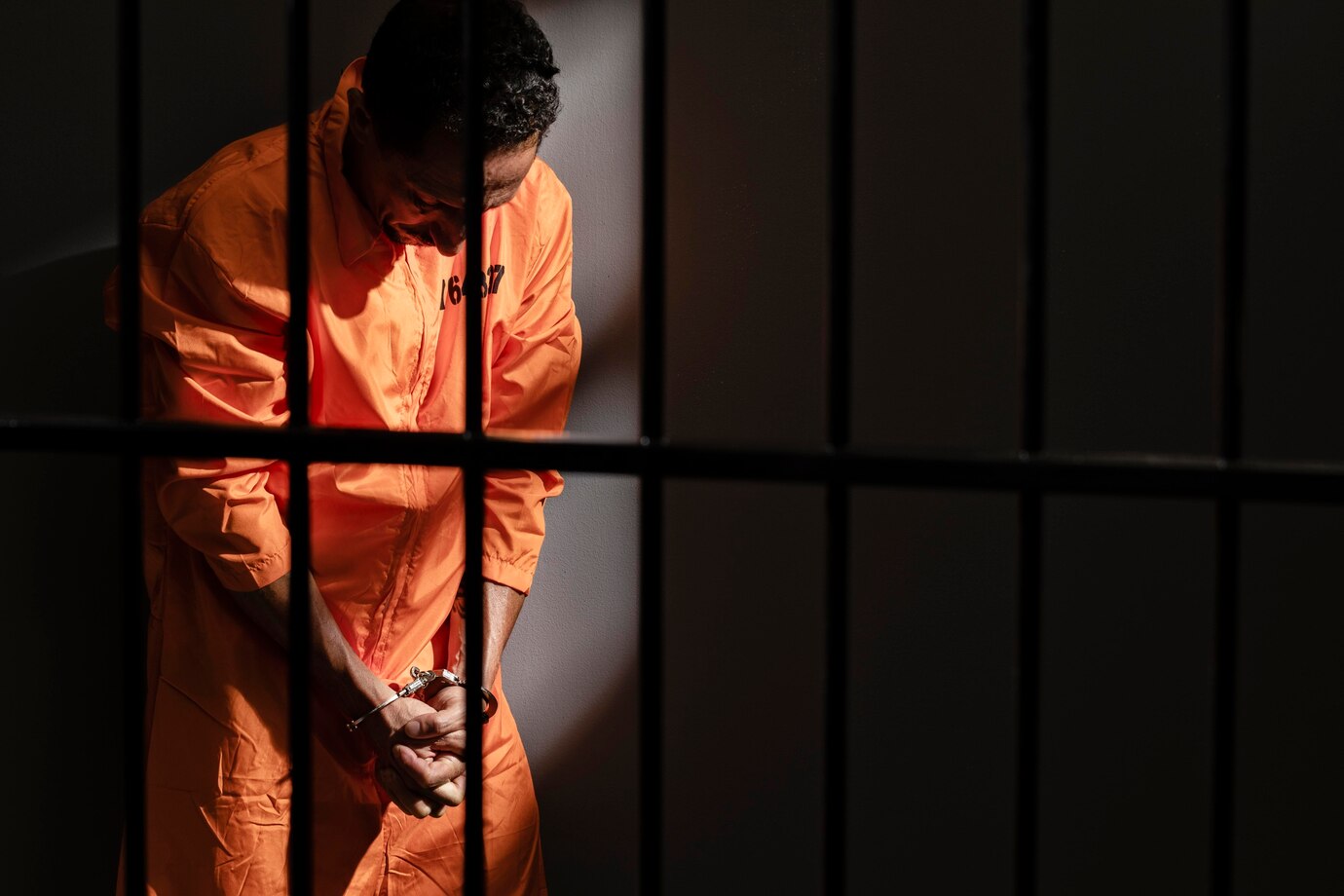Juvenile offenses present a unique set of challenges and intricacies within the criminal justice system. Unlike adult defendants, juveniles are often subject to a separate legal framework, with an emphasis on rehabilitation and education rather than punishment. Despite the key differences, facing juvenile offense charges can still be a highly stressful experience for the young individual and their family. These cases can have profound effects on the minor’s future, impacting their educational and employment opportunities, personal relationships, and overall well-being. It is essential for those grappling with juvenile offense charges to gain a comprehensive understanding of the legal landscape, possible outcomes, and the importance of enlisting skilled legal representation.
At BFP Law Firm, our team of experienced and compassionate attorneys is committed to providing unparalleled defense representation for juveniles facing offense charges. We recognize the unique challenges of these cases and are dedicated to navigating the complex legal terrain to protect the rights and futures of our young clients. In this article, we will discuss the key differences between juvenile and adult criminal proceedings, explore the range of potential outcomes in juvenile cases, and highlight BFP Law Firm’s expert legal advocacy tailored to the specific needs of young defendants.
If your child or a loved one is facing juvenile offense charges, it is crucial to promptly explore your legal options and engage the services of an experienced, compassionate, and dedicated legal team to ensure your young loved one is afforded the full protection of their rights and the best possible outcome for their future.
Differences Between Juvenile and Adult Criminal Proceedings
Juvenile offenses are handled through a distinct legal process that sets them apart from adult criminal cases. The primary differences between juvenile and adult criminal proceedings include:
- Court System: While adult criminal cases are processed through criminal courts, juvenile cases are typically handled in specialized juvenile courts. These courts have a more informal approach and focus on the minor’s rehabilitation and welfare rather than punishment.
- Confidentiality: Juvenile proceedings generally maintain a higher level of confidentiality compared to adult cases, with most court records being sealed or expunged upon the juvenile’s successful completion of court-ordered requirements.
- Legal Terminology: In juvenile cases, the language used is different from that in adult criminal cases. For instance, minors are considered “adjudicated delinquent” rather than “convicted,” and they may be subject to “disposition” rather than “sentencing.”
- Rehabilitation Focus: Juvenile courts concentrate on providing the necessary resources and support to help young offenders learn from their mistakes and reintegrate into society as productive members. As a result, the adjudications tend to focus on rehabilitation efforts, such as counseling, educational programs, and community service.
Types of Juvenile Offenses
Juvenile offenses can encompass various legal violations, ranging from less severe status offenses to more severe criminal acts. The most common types of juvenile offenses include:
- Status Offenses: These are offenses that are considered illegal only because the individual is a minor, such as underage alcohol possession, truancy, or curfew violations.
- Property Crimes: Juvenile property crimes include acts like vandalism, theft, or burglary – crimes involving the damage or taking of property belonging to others.
- Drug Offenses: Minors can face drug charges for offenses like possession, distribution, or manufacturing of controlled substances.
- Violent Crimes: Juvenile violent crimes may involve physical violence or threats against others, such as assault, battery, or robbery.
Potential Outcomes in Juvenile Cases
The possible outcomes in juvenile cases vary depending on the offense, the minor’s history, and the specific circumstances of the case. Some standard outcomes include:
- Diversion Programs: For first-time or low-level offenders, the court may assign the juvenile to a diversion program. This alternative to adjudication typically involves counseling, community service, or restitution, with the charges dismissed upon successful completion of the program.
- Probation: The court may place a minor on probation, which entails adhering to specified conditions under the supervision of a probation officer. These conditions may include attending school, counseling, drug testing, and obeying a curfew.
- Detention: In more severe cases, a judge may order the juvenile to serve a period of detention in a juvenile detention facility, followed by a period of probation or other court-ordered requirements.
- Residential Placement: The court may order a minor to reside in a group home, treatment facility, or other specialized residential program designed to provide support and rehabilitation.
BFP Law Firm’s Expert Legal Advocacy for Juvenile Defendants
Navigating the complex landscape of the juvenile justice system requires the guidance and representation of an experienced and compassionate legal team. BFP Law Firm’s dedicated attorneys specialize in juvenile defense and offer unwavering support for young clients and their families by implementing the following strategies:
- Thorough Case Evaluation: Our legal professionals will conduct a comprehensive review of your child’s case, carefully analyzing the evidence, allegations, and circumstances to identify potential weaknesses in the prosecution’s case and establish a personalized defense strategy.
- Challenging Evidence and Procedure: BFP Law Firm’s attorneys will scrutinize the evidence presented by the prosecution and the surrounding circumstances to identify any potential procedural errors or constitutional violations that could impact the case’s outcome.
- Negotiating with the Prosecution: Our legal team will engage with the prosecution to negotiate for reduced charges, lesser penalties, or participation in diversion programs when appropriate, with a focus on seeking the most favorable outcome for your child.
- Zealous Advocacy: If your child’s case proceeds to trial, our seasoned trial attorneys will vigorously defend their rights and interests, presenting a powerful defense that includes compelling argumentation, expert testimony, and skillful cross-examinations of witnesses.
Conclusion
Facing juvenile offense charges can be a daunting and emotionally charged experience for young individuals and their families. Securing the support of a skilled and understanding legal team, such as BFP Law Firm, is crucial in navigating the complex legal process and protecting the rights and futures of juvenile defendants. Our proficient criminal defense attorneys will work tirelessly to achieve the best possible outcome for your child while providing the necessary guidance and support to help your family through this challenging time. If your loved one is confronting juvenile offense charges, reach out to BFP Law Firm to discuss your legal options and explore the expert defense representation that your child deserves.



